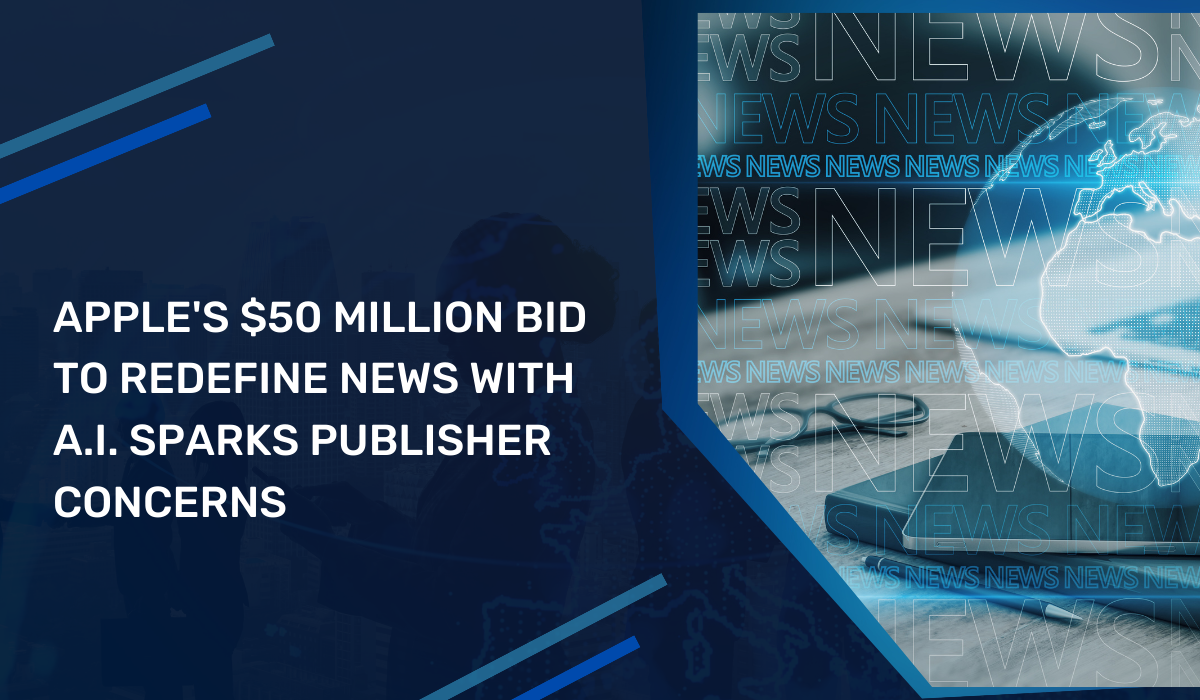
In recent weeks, Apple has initiated negotiations with major news and publishing entities, aiming to secure permission for the utilization of their content in the development of generative artificial intelligence (A.I.) systems, according to sources close to the discussions. Individuals familiar with the matter, who requested anonymity due to the sensitive nature of the negotiations, revealed that Apple has proposed multiyear deals valued at a minimum of $50 million to license news article archives. Among the contacted news organizations are Condé Nast, the publisher of Vogue and The New Yorker; NBC News; and IAC, the owner of People, The Daily Beast, and Better Homes and Gardens.
These negotiations represent one of Apple's initial forays into the competitive landscape of generative A.I., a technology that enables computers to emulate human-like image creation and conversation. Referred to by artificial intelligence experts as neural networks, this technology relies on vast datasets of photos or digital text to discern patterns. While companies like Microsoft, OpenAI, Google, and Meta have already released products utilizing generative A.I., Apple's move underscores its effort to catch up with industry rivals and potentially revolutionize work processes, generating substantial revenue.
However, some publishers approached by Apple expressed reservations about the proposition. After navigating commercial dealings with tech companies like Meta, publishers have become cautious about entering partnerships with Silicon Valley. Concerns were raised about the broad scope of Apple's terms, encompassing extensive licensing of publishers' content archives, with potential legal liabilities for publishers arising from Apple's use of their material. Additionally, Apple's lack of clarity regarding how generative A.I. would be applied to the news industry introduced a competitive uncertainty, given the company's significant audience for news on its devices. Apple declined to comment on the matter, and its CEO, Tim Cook, provided limited details during a recent call with analysts, acknowledging ongoing A.I.-related work without further elaboration.